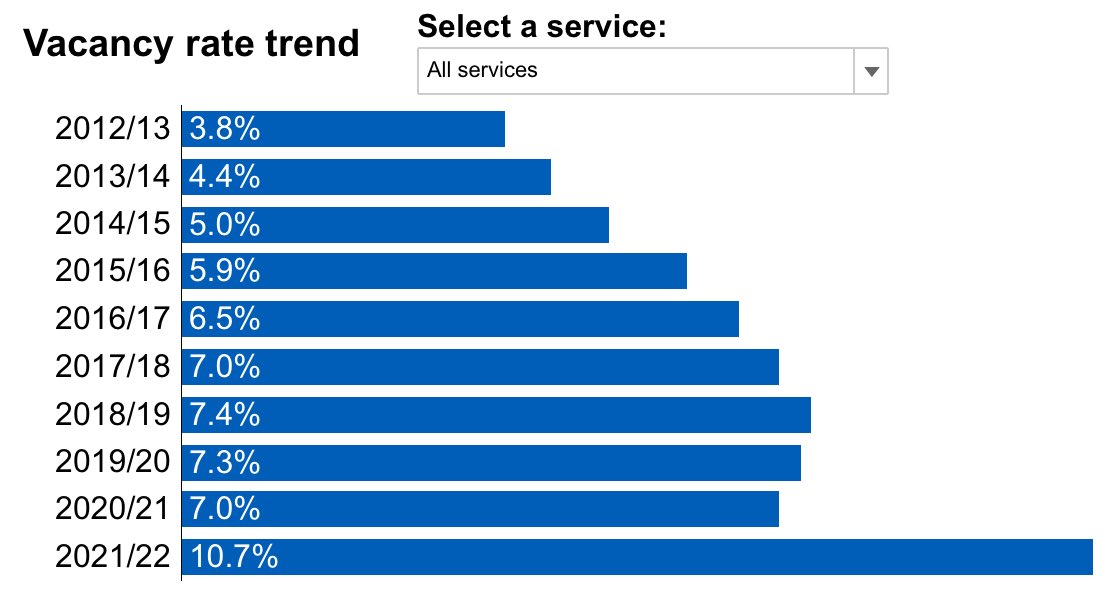Why do #socialcare workers stay in their jobs despite low pay? Really valuable report from @resfoundation suggests a) they like their jobs (the caring, autonomy) b) few other jobs offer the flexibility they need. Short thread… resolutionfoundation.org/publications/w…
Here’s the evidence on job satisfaction. #socialcare may not do better than all work but it does better than the other low-paid work with which it competes. (The difference isn’t huge but it’s there). 

And this is one of the attractions - the sheer demand for #socialcare workers means it’s relatively secure compared to other sectors like hospitality, leisure, food processing. 

All this may help explain why care workers tend to stay within #socialcare rather than move to other sectors (interesting that home care staff move more than residential, by the way). 

But pay remains a big issue (satisfaction with it is getting worse, says the report) and this suggests that failure to pay even the statutory minimum is more of a problem in #socialcare than in other sectors. 

So terrific stuff from @nyecominetti. I am though going to have to ask him to explain this graph to me 😉 

• • •
Missing some Tweet in this thread? You can try to
force a refresh









